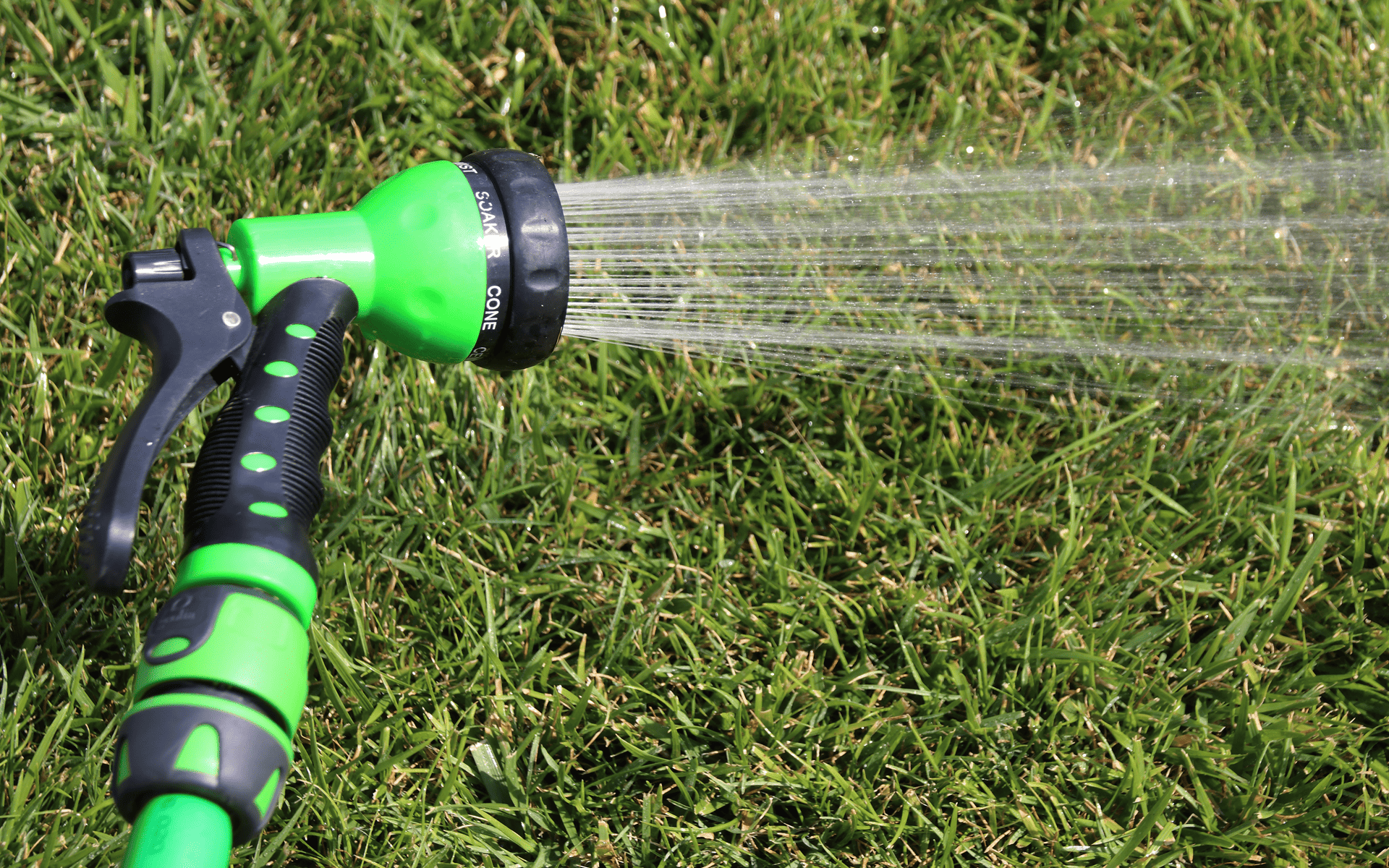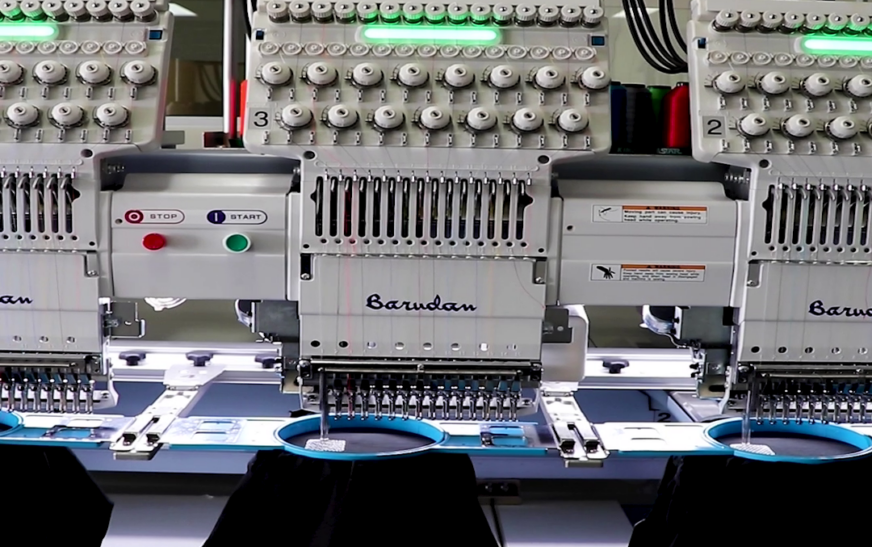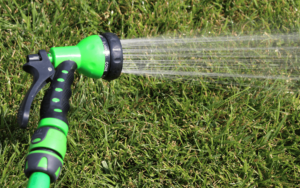In recent years, the focus on sustainable living has grown immensely, and Melbourne is no exception. As the city strives to reduce its carbon footprint and improve the overall quality of life for its residents, new laws governing home heating have been introduced.
These regulations aim to ensure that homes are heated efficiently, safely, and with minimal environmental impact. If you’re a homeowner, landlord, or tenant, it’s crucial to stay informed about changes in laws for home heating in Melbourne to avoid penalties and to contribute to a greener future.
The Push for Better Home Heating Standards
Melbourne’s climate is known for its variability, with cold winters that necessitate reliable and efficient heating systems. Historically, many homes have relied on outdated and inefficient heating methods that not only lead to high energy bills but also contribute significantly to greenhouse gas emissions. In response, the Victorian government has introduced new laws aimed at improving the energy efficiency of home heating systems across the state.
These changes are part of a broader initiative to meet the state’s ambitious targets for reducing carbon emissions. The Victorian Climate Change Act 2017 set a target of achieving net-zero emissions by 2050. Home heating plays a significant role in this, given that residential heating is one of the largest contributors to household energy consumption. By introducing stricter regulations on heating systems, the government hopes to reduce energy use, lower emissions, and ultimately create a more sustainable environment for all Victorians.
What Do the New Laws Entail?
The new regulations are comprehensive and cover various aspects of home heating, from the types of heating systems that can be installed to the efficiency standards they must meet. Here are some of the key elements:
- Minimum Energy Efficiency Standards: New heating systems must meet a minimum energy efficiency rating. This means that older, less efficient systems may no longer be compliant with the law. Homeowners and landlords will need to upgrade their systems to meet these new standards.
- Mandatory Inspections and Compliance Checks: To ensure that heating systems comply with the new regulations, mandatory inspections may be required. Non-compliance can result in penalties, making it essential for property owners to stay up to date with their heating system’s maintenance and efficiency.
- Focus on Renewable Energy: The regulations also encourage the use of renewable energy sources for home heating, such as solar-powered heating systems or heat pumps. These systems are not only more environmentally friendly but can also lead to significant cost savings over time.
- Landlord Obligations: For rental properties, the laws impose additional responsibilities on landlords. They must ensure that their properties have compliant heating systems installed and that these systems are maintained to the required standard. This is particularly important as tenants have the right to request upgrades to heating systems that do not meet the new efficiency standards.

Implications for Homeowners and Landlords
One of the immediate concerns for homeowners and landlords is the cost associated with upgrading to compliant heating systems. While the initial outlay can be significant, it’s important to weigh this against the long-term benefits. Energy-efficient heating systems can substantially reduce energy bills, leading to savings that will offset the initial investment over time. Moreover, properties with compliant, modern heating systems are likely to have a higher market value and be more attractive to potential buyers or tenants.
Avoiding Penalties
Non-compliance with the new laws can result in penalties, which could be costly for property owners. Regular inspections and maintenance of heating systems will be essential to avoid these fines. For landlords, this is especially critical, as failure to comply could also lead to disputes with tenants or even legal action.
Environmental Responsibility
Beyond the financial implications, there is also a broader social responsibility to consider. As the effects of climate change become increasingly evident, the importance of reducing our carbon footprint cannot be overstated. By adhering to the new laws and upgrading to more efficient heating systems, homeowners and landlords in Melbourne can contribute to the state’s environmental goals and help combat climate change.

What Tenants Need to Know
For tenants, these new laws bring several benefits. The regulations ensure that rental properties are equipped with efficient, reliable heating systems, which can lead to more comfortable living conditions and lower energy bills. Tenants have the right to request that landlords upgrade heating systems that do not meet the new standards. If a landlord fails to comply, tenants may be able to take legal action or seek compensation.
How to Ensure Compliance
Tenants should be proactive in understanding their rights and ensuring that their rental properties meet the required standards. Regular communication with landlords is key, and tenants should not hesitate to request documentation that proves the heating system is compliant. If there are concerns about the efficiency or safety of the heating system, tenants should report these issues promptly to avoid potential health risks or increased energy costs.
Looking Ahead: The Future of Home Heating in Melbourne
The introduction of these new laws marks a significant step forward in Melbourne’s journey towards sustainability. As the city continues to grow and evolve, so too will its approach to energy use and environmental responsibility. Home heating is just one piece of the puzzle, but it’s a critical one that affects the comfort, cost of living, and environmental impact of every household.













